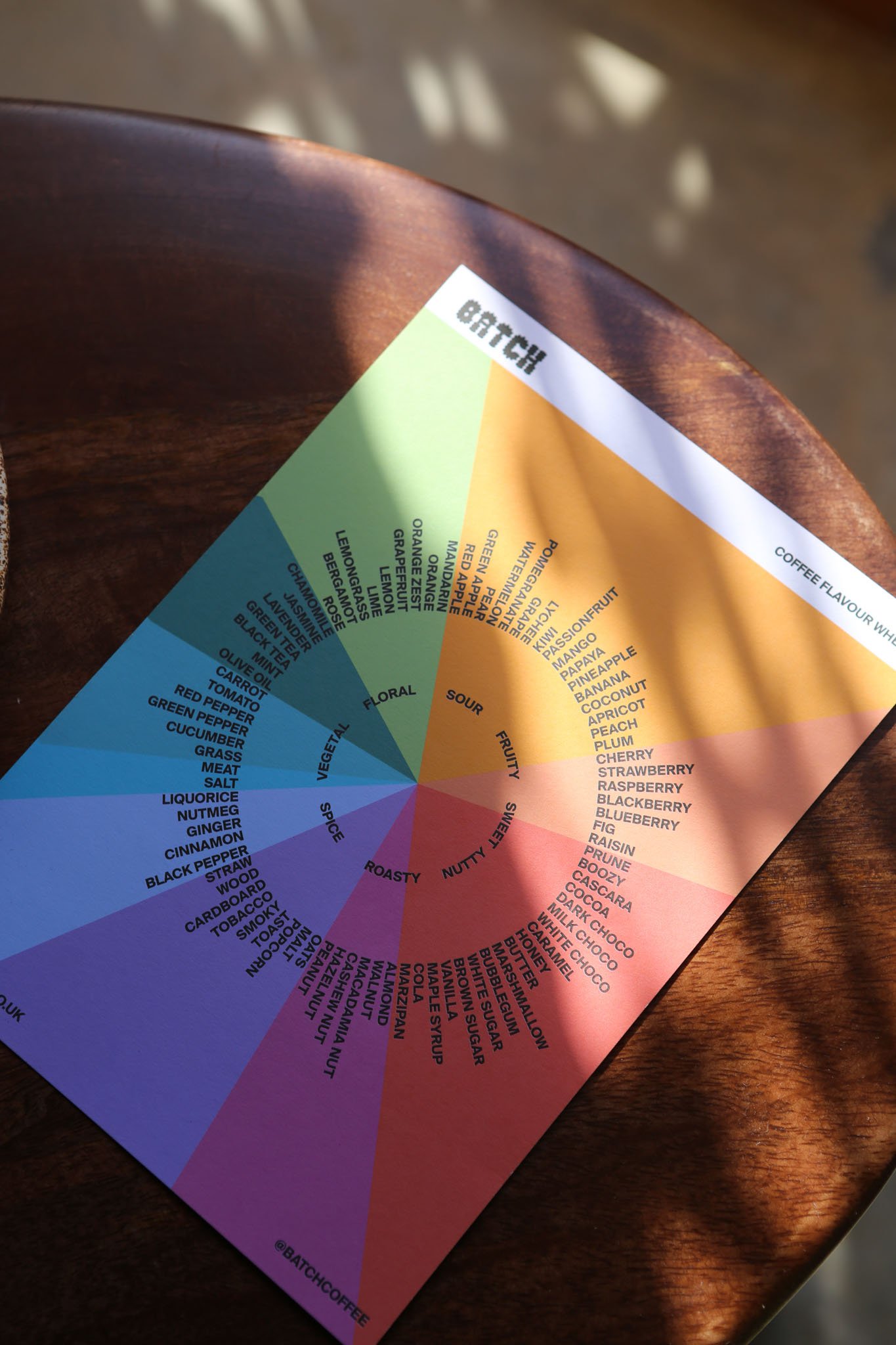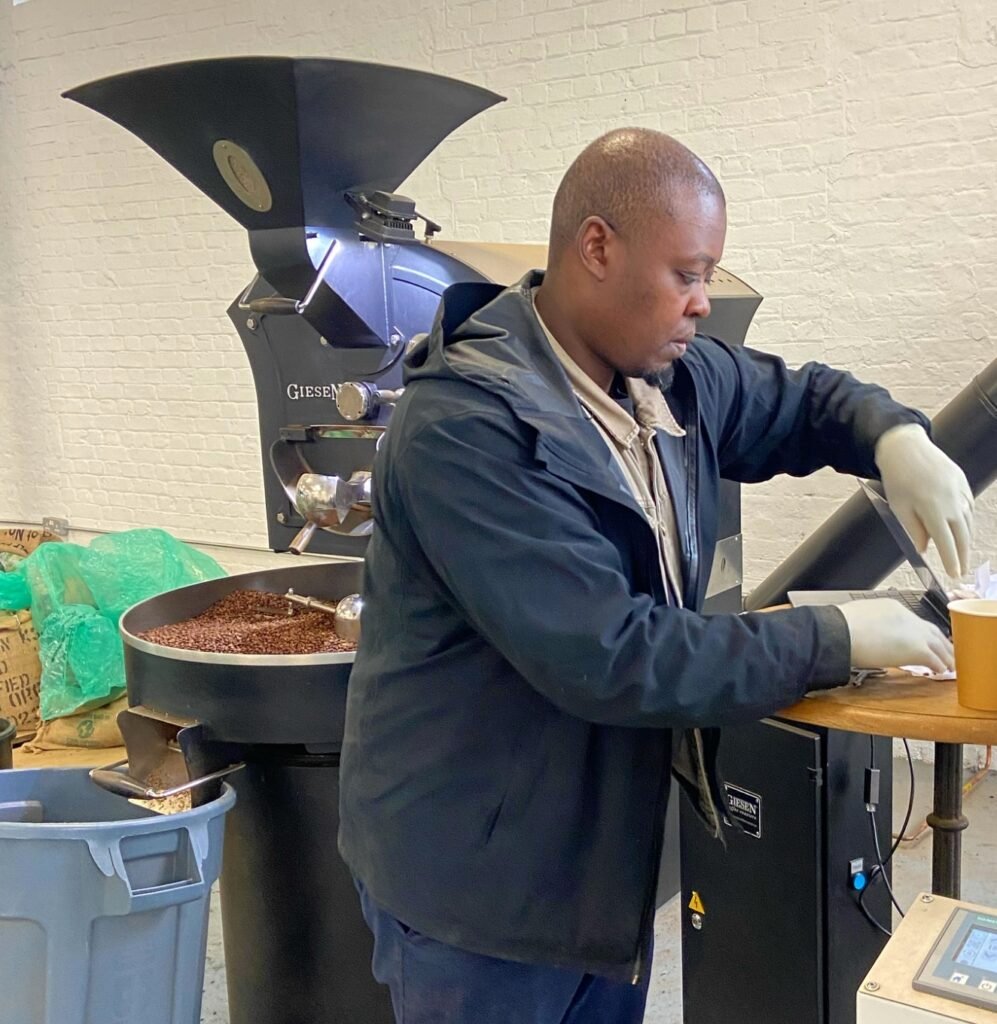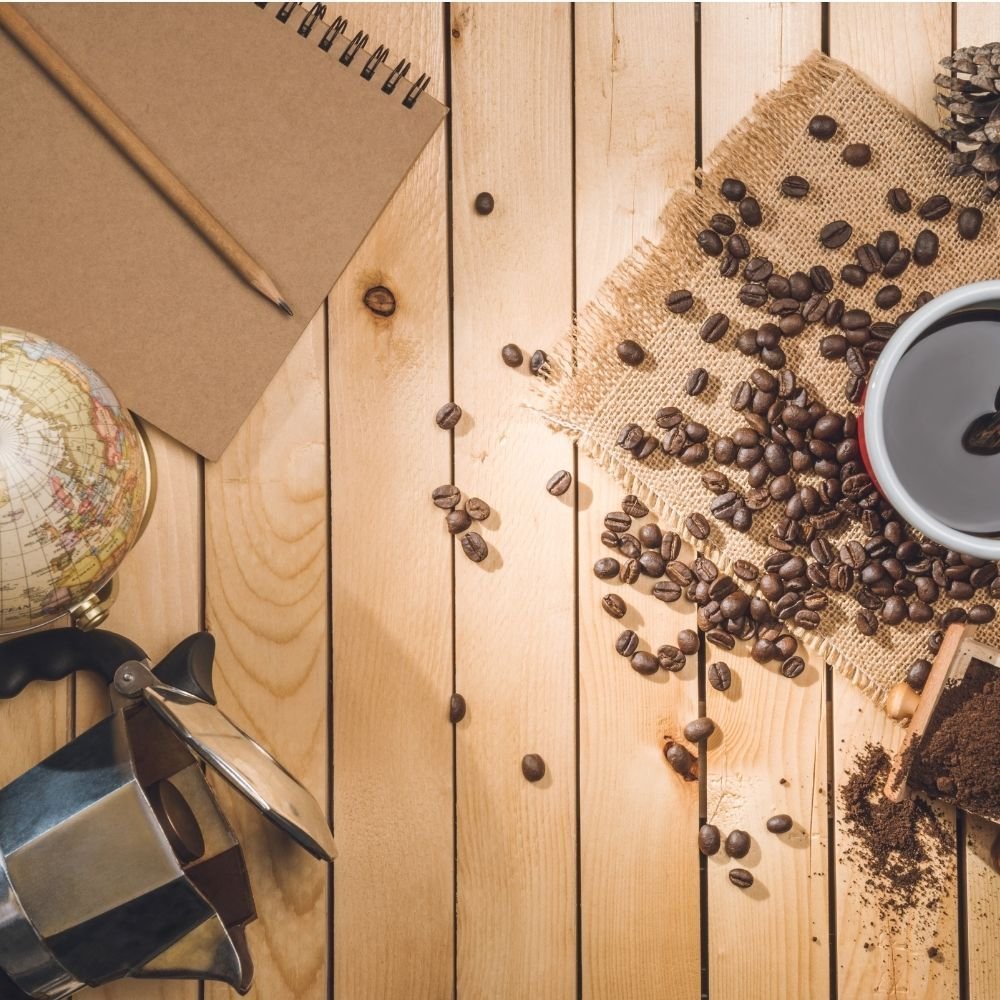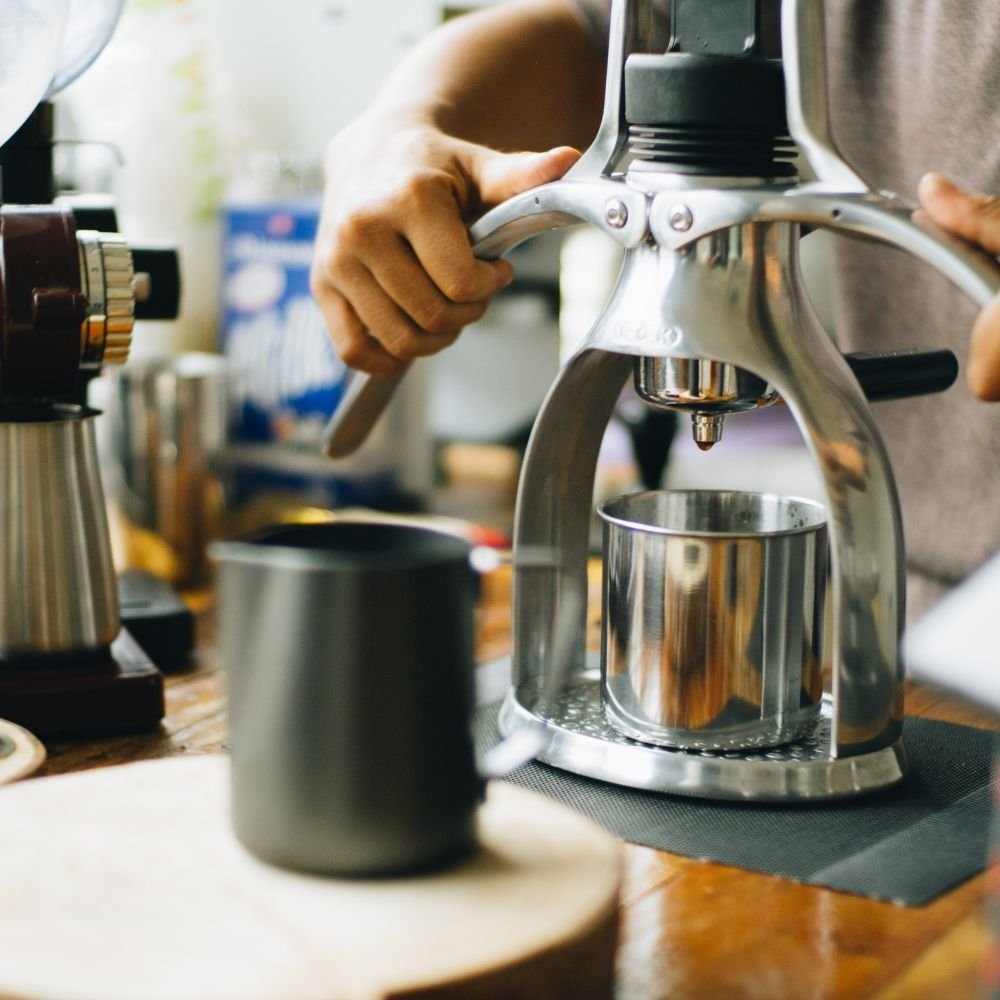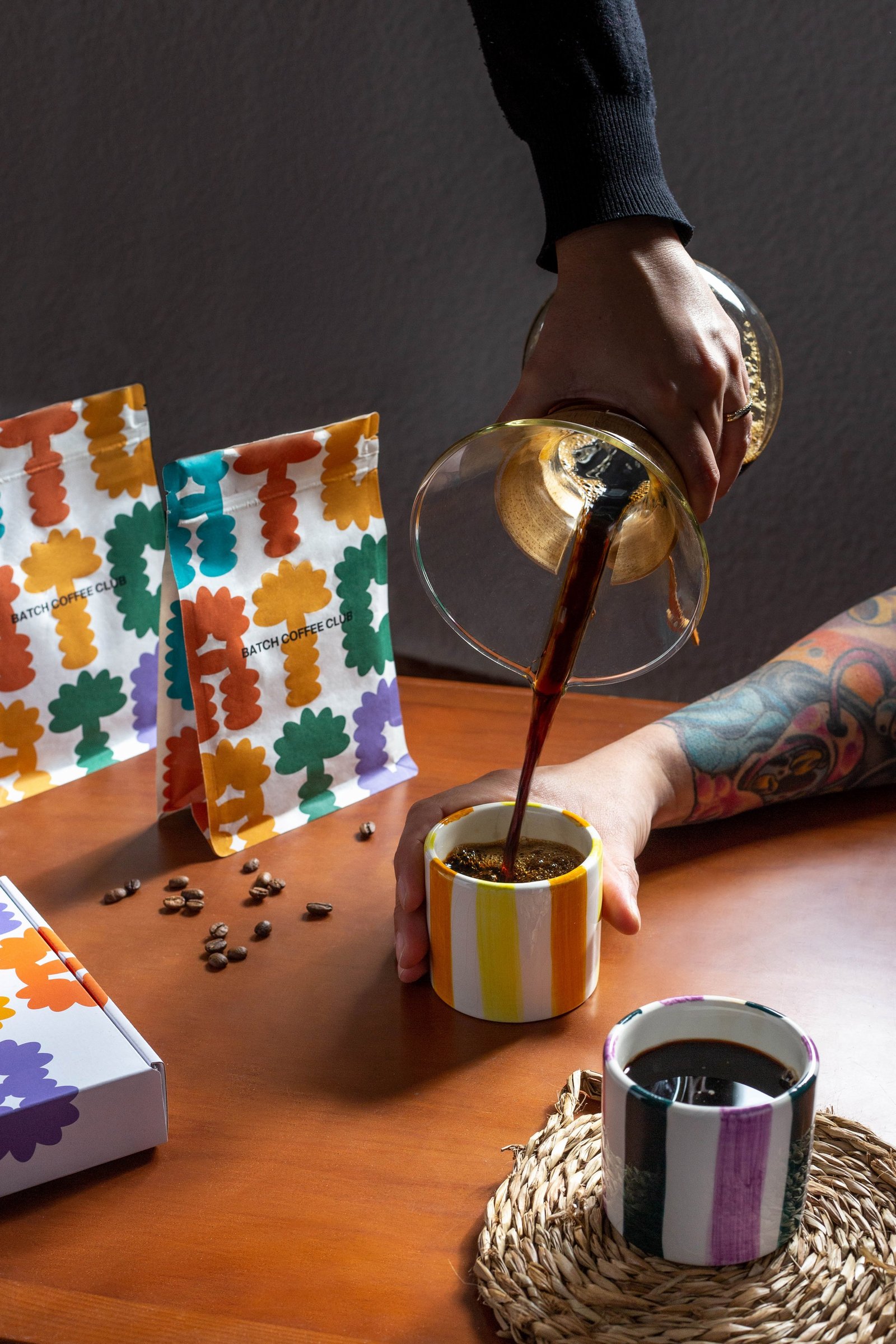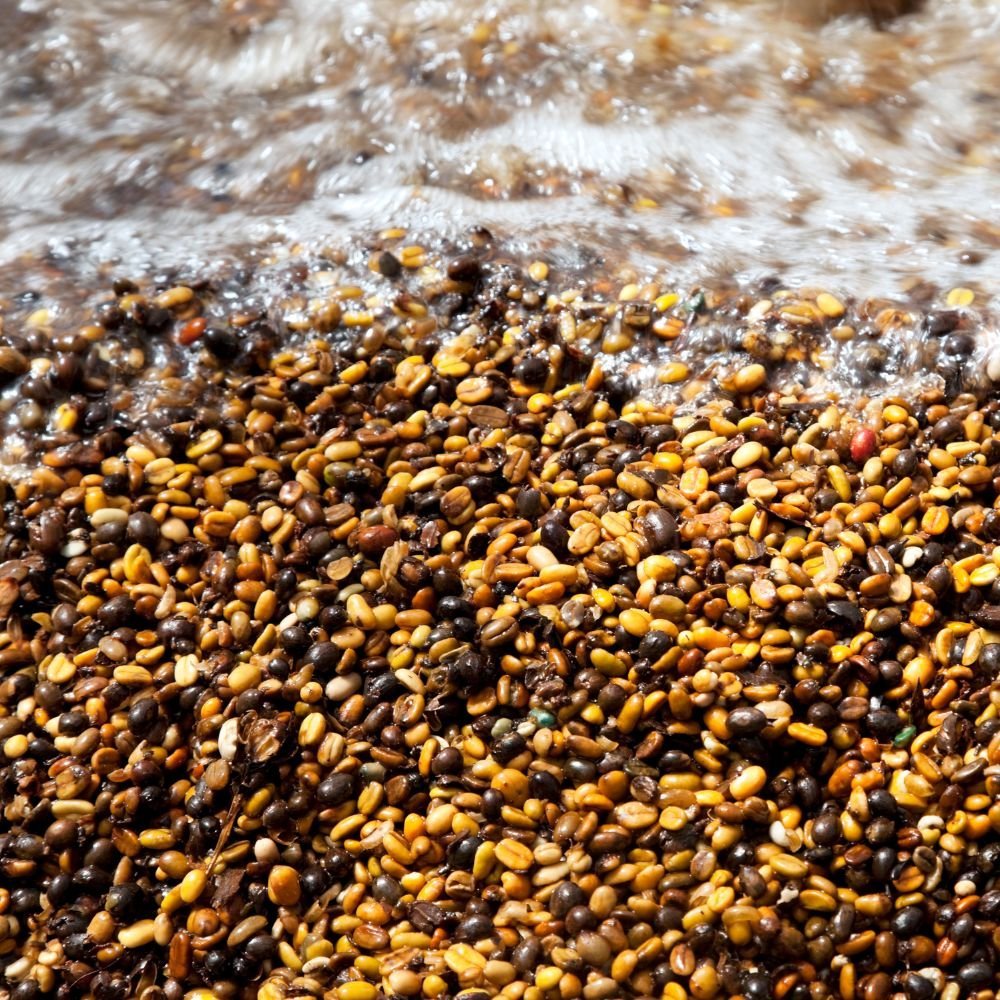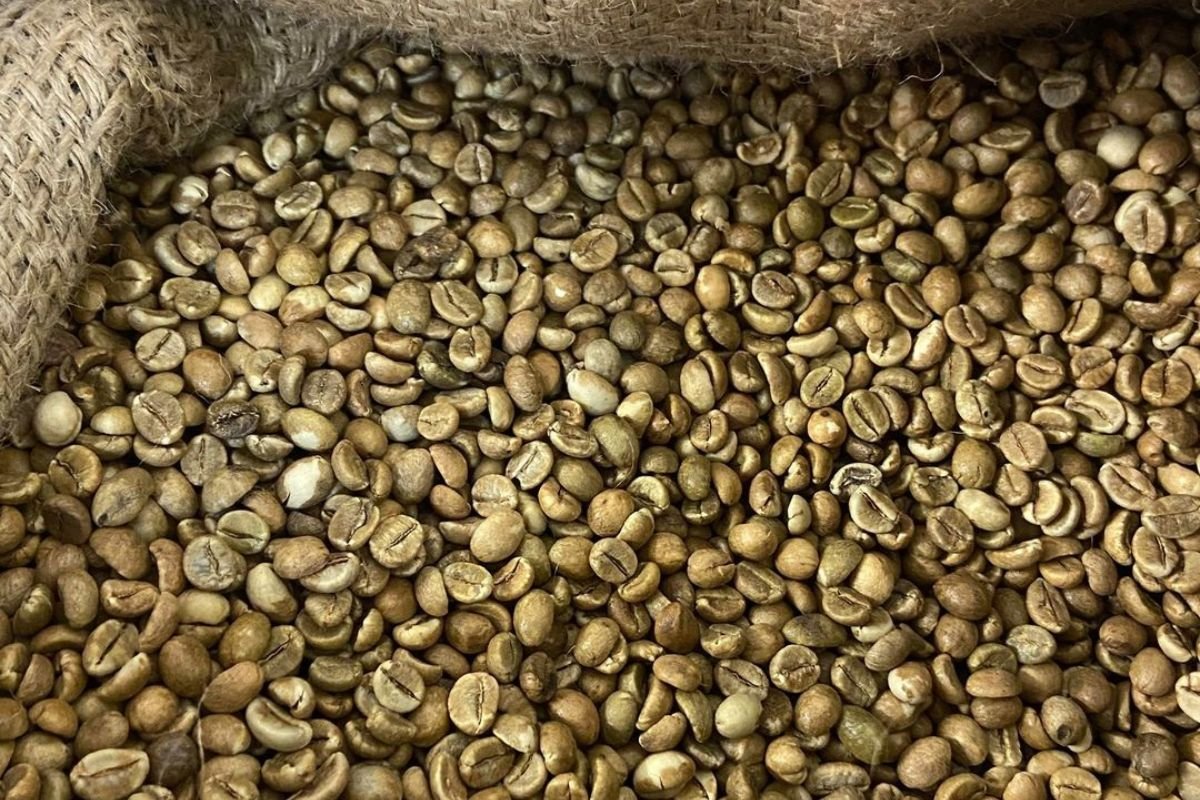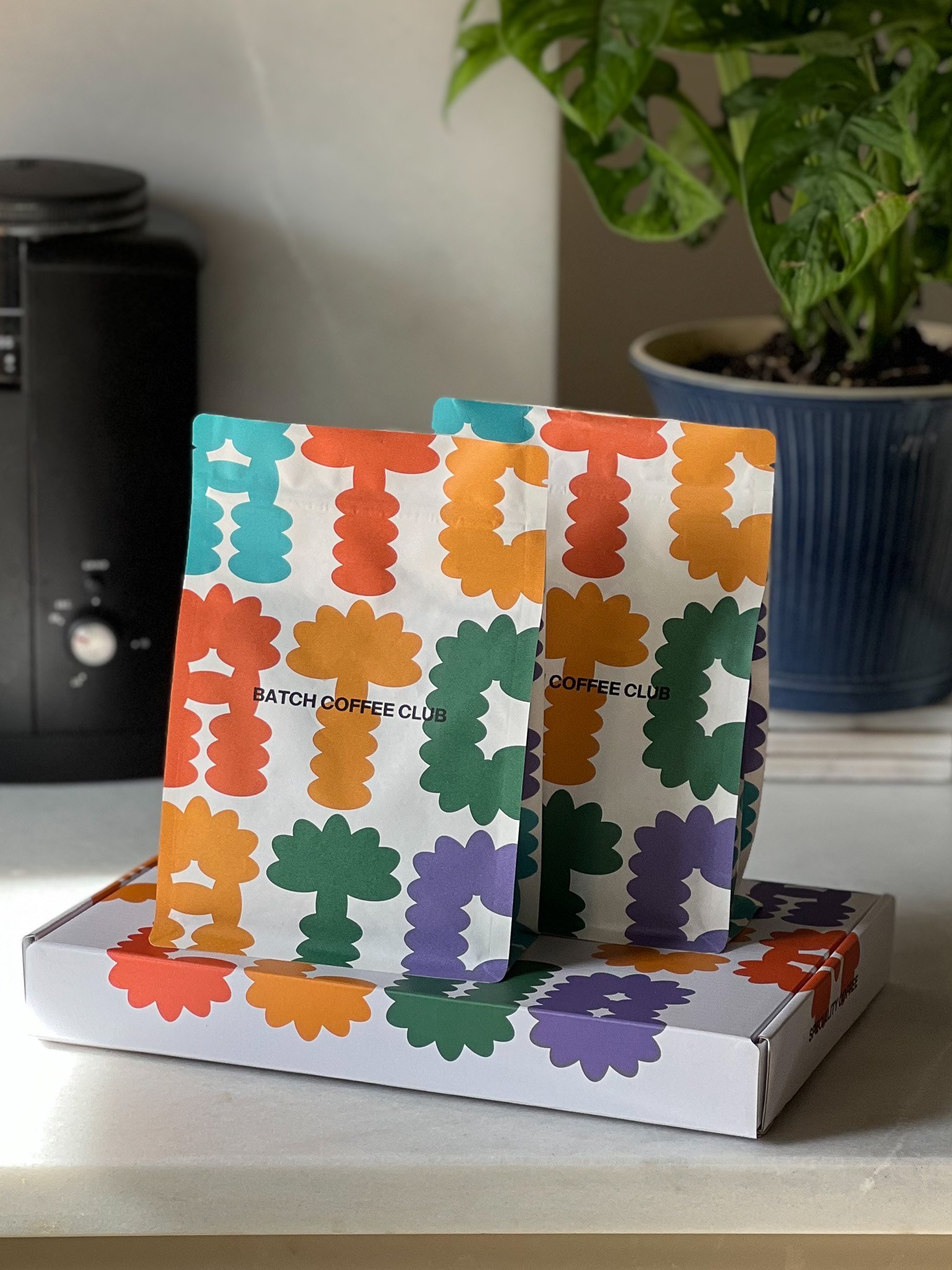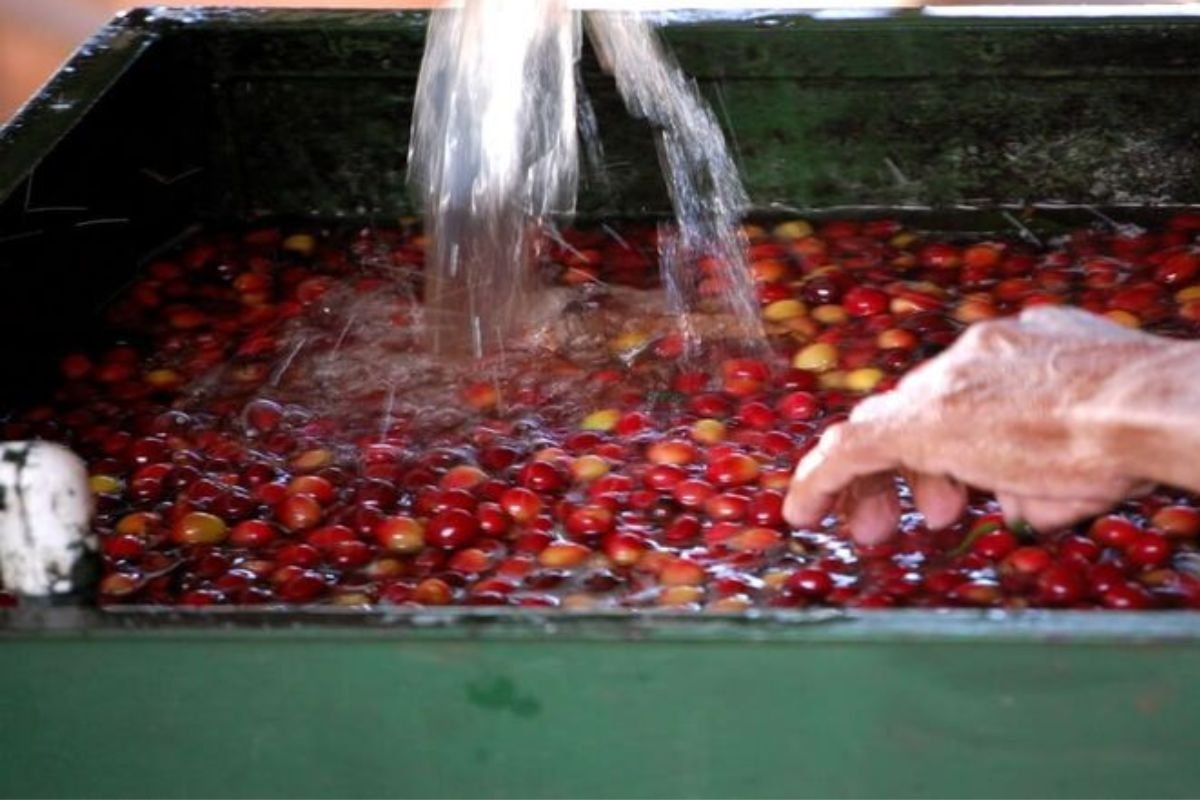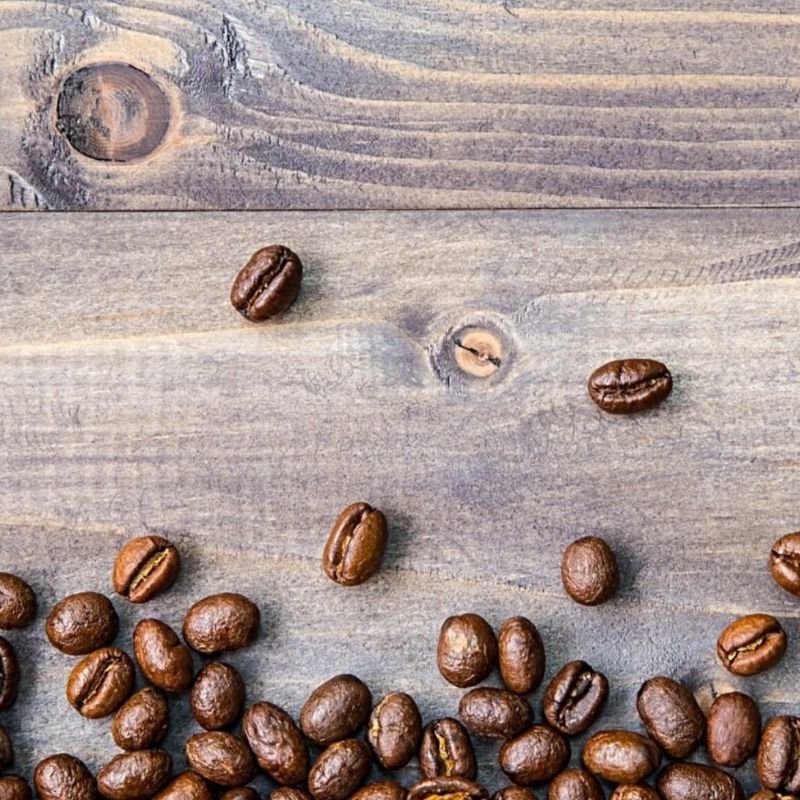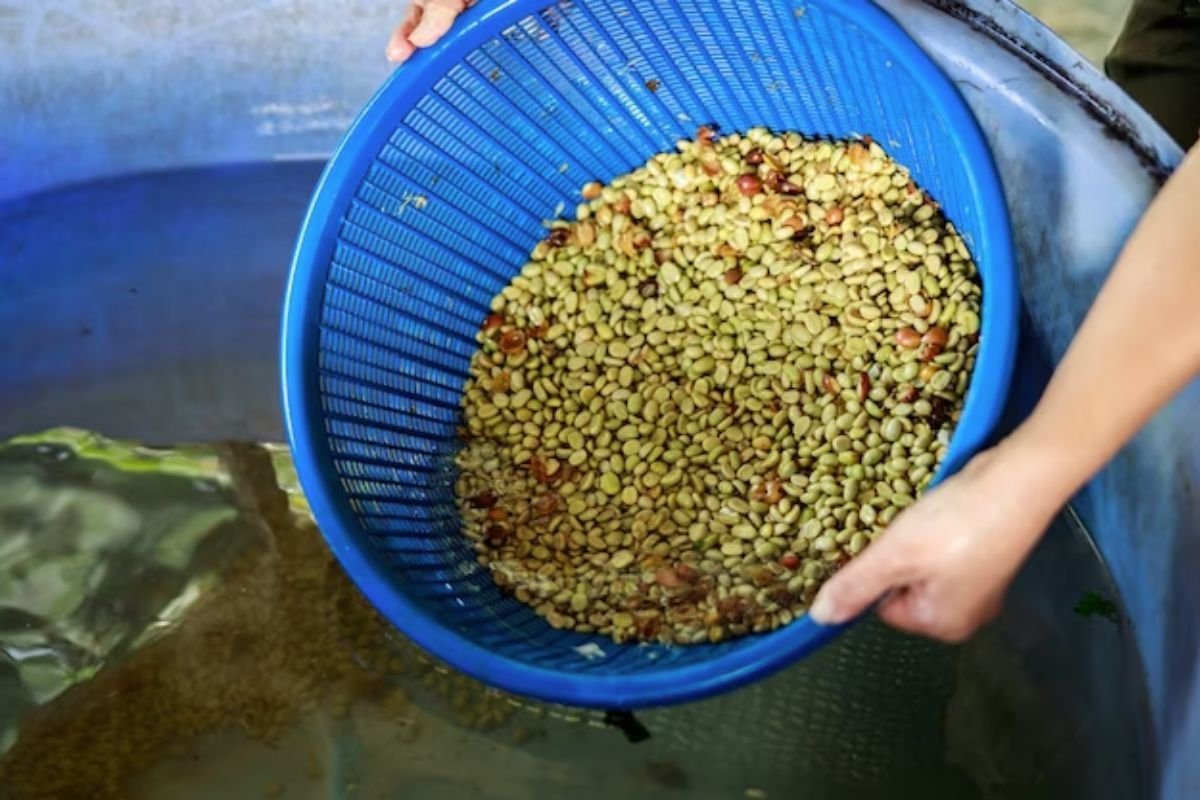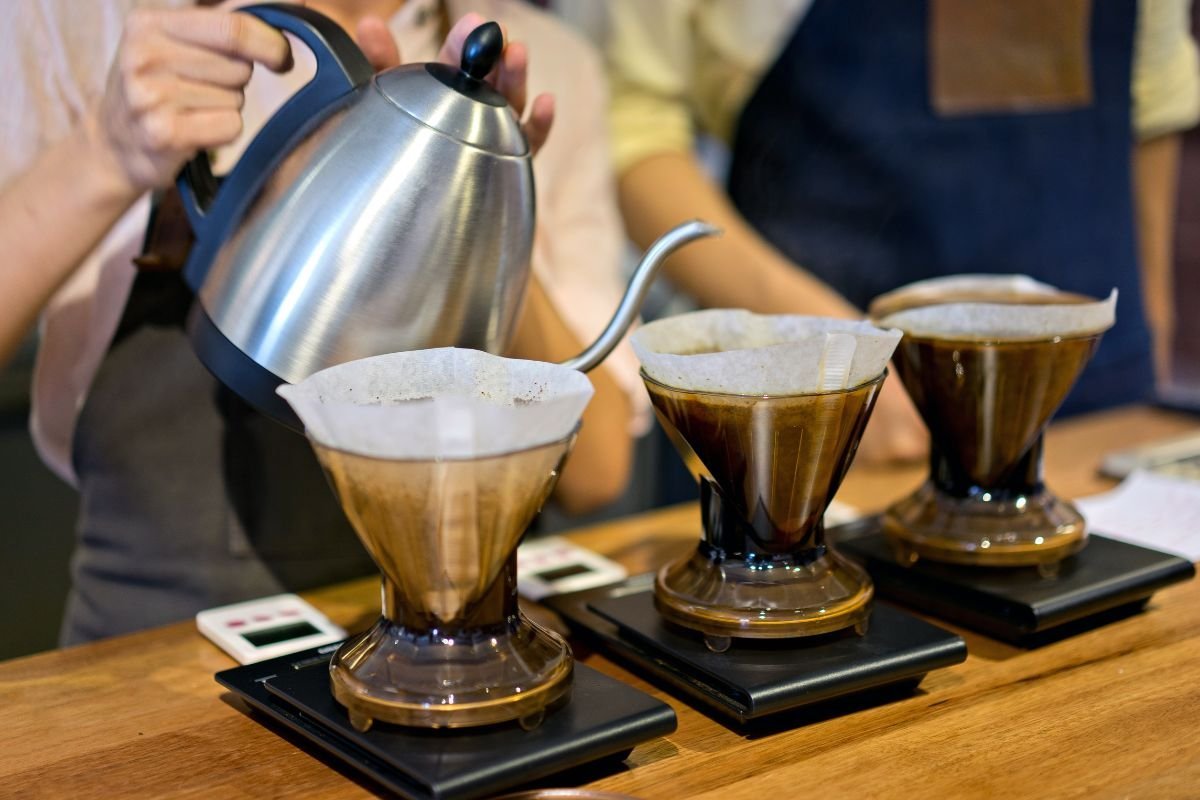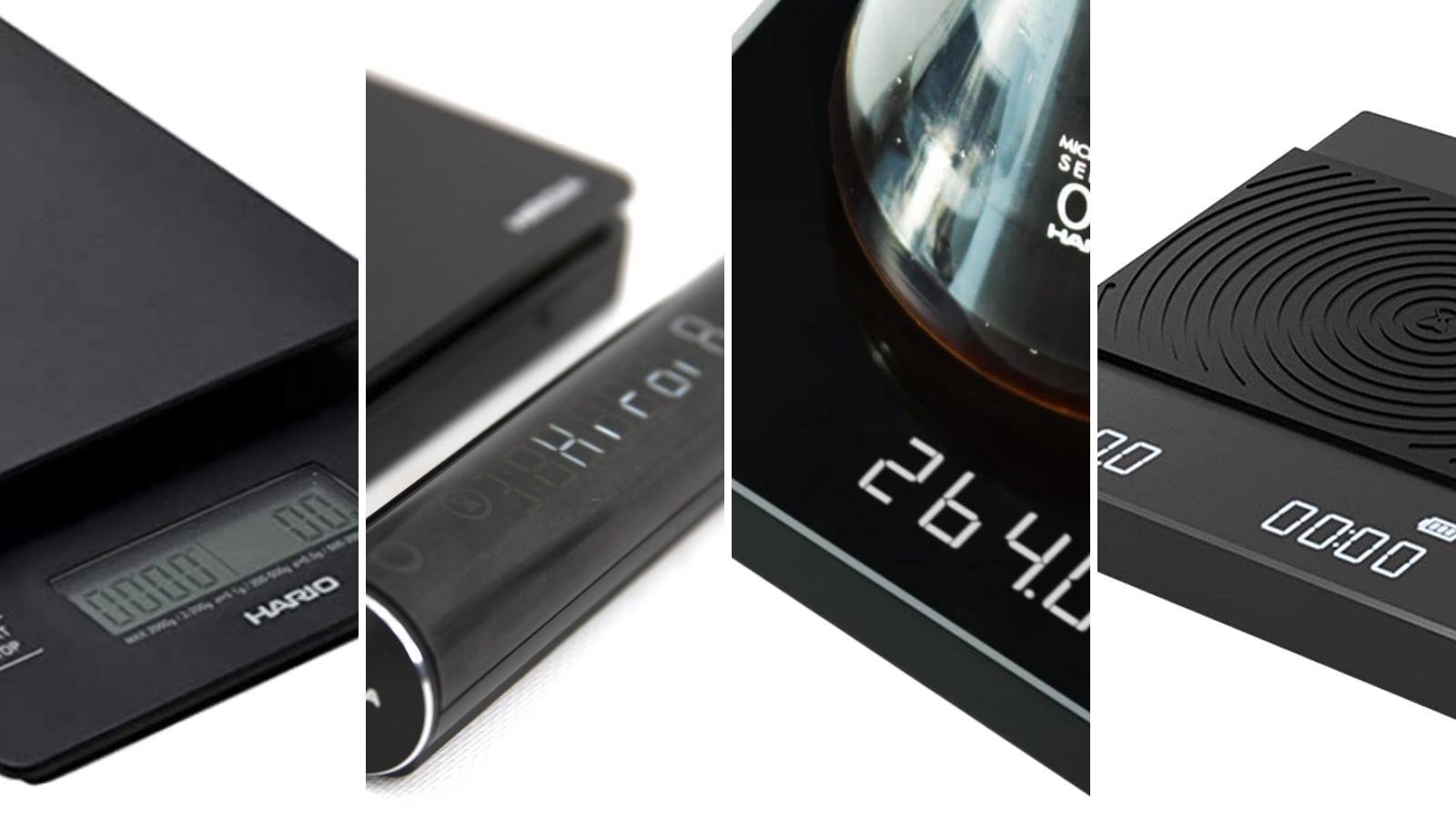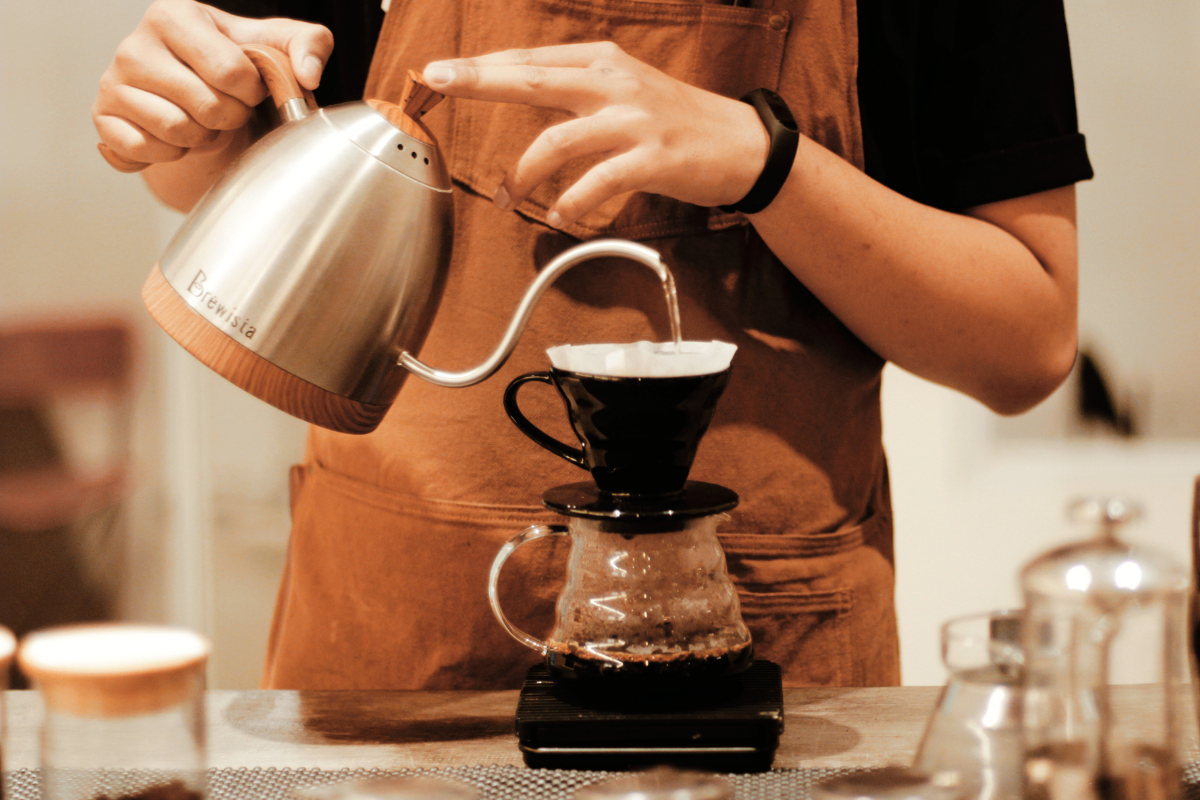Should I wash my coffee beans?
When you’re just getting into the world of specialty coffee and learning everything you can about it, there are going to be times when something sounds like it makes sense but then you start to wonder if maybe it doesn’t.
For instance, does one really need to wash their beans before brewing?
It’s a question all so called coffee folk have asked themselves at some point or another when they first see washed coffee on a bag.
Well, there’s more to it than that—and luckily for us, there is also an answer.
No, you shouldn’t wash your beans before brewing them; here’s why.
A Brief Introduction to Coffee Washing
Before we get into the nitty-gritty of why you shouldn’t wash your coffee beans, let’s first take a second to talk about what coffee washing is.
Coffee washing is the process of rinsing farmed coffee beans (or seeds) with water so as to remove some of the pulp that may still be clinging to them post-harvest and sometimes after you take them home.
This is something that’s done in the majority of coffee-growing countries, including the Brazil and Colombia.
The idea behind washing the beans is simple: to get rid of any impurities that may be on the surface of the beans, and to get rid of any lingering fermentation.

